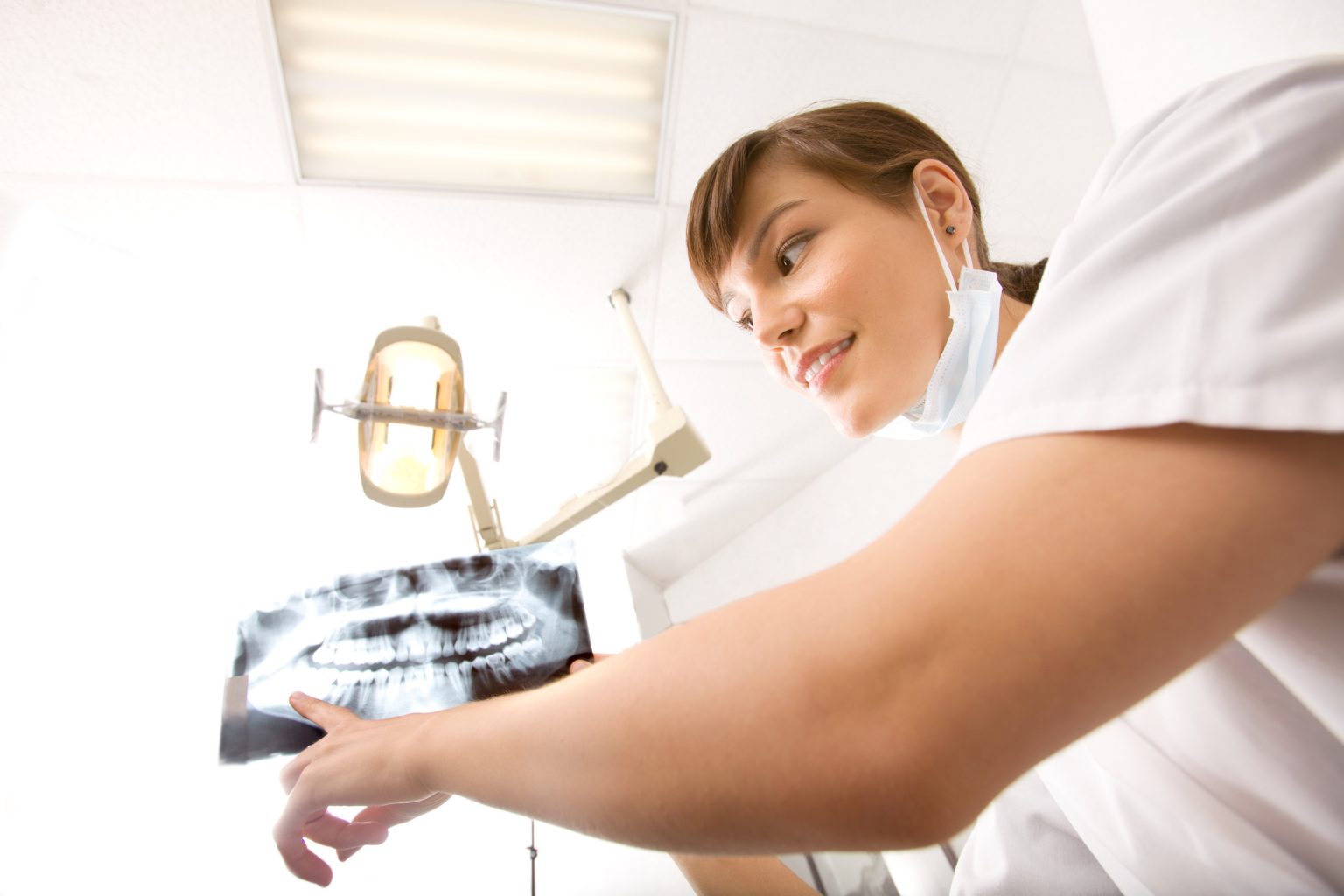Dental implants made from titanium are considered the gold standard among dentists and patients alike when it comes to permanently replacing missing teeth. But what, you may ask, if you’re allergic to metals? Is getting dental implants in Kissimmee still an option for you, or do you need to look into alternatives?
Why is titanium used in dental implants?
Titanium is the metal of choice in a wide variety of medical and dental situations. Titanium is used not just to replace teeth roots, but also knees, hips, and other bones. Titanium is a biocompatible substance. What that means is that your body accepts the titanium as if it were natural body tissue. The natural tissue cells in your own jaw grow against and connect to the titanium implant with the result that is securely and tightly bonded into your jaw so that it can hold replacement teeth, bridges, crowns, and dentures.
What if you have metal sensitivities?
Some reports indicate that as much as 10 to 15% of the population has some metal hypersensitivity — most commonly nickel, cobalt, and chromium. The symptoms of metal hypersensitivity include rashes, swelling, muscle pain, and even some chronic medical conditions like fibromyalgia and chronic fatigue syndrome. There have not been known reports, however, of allergies to titanium. Where rare allergies to titanium implants have been reported, those allergies have been attributed to the presence of non-titanium metals in the titanium alloys of which implants are made. Implants may consist of an alloy of titanium, iron, manganese, chromium, tin, vanadium, molybdenum, zirconium, niobium, zinc, tungsten, and even nickel.
Despite that there are no known reports of allergies to titanium, you should always advise your dentist in Kissimmee of any allergies or sensitivities you have experienced in the past. A dentist near you will carefully consider all materials used in any procedure — including providing dental implants near you — to ensure your health is not putting at risk.
There are a couple of tests that can be used to test for metal sensitivities using different and more precise techniques than typical allergy testing with which you may be familiar. Don’t hesitate to ask your physician or dentist to perform Clifford’s Test (a test that can specifically check for sensitivities to dental materials) or a Melisa Test to determine your sensitivity to metals.
Are there alternatives?
If you are so concerned about the prospect of receiving a titanium dental implant that you would prefer alternative materials, ask your dentist if zirconium implants may be appropriate in your case. Zirconium is a material that has been used for dental implants for approximately 20 years, though more frequently in Europe and on an increasing basis in North America.
Zirconium is a ceramics-based substance that is in some cases used as a substitute material for titanium dental implants. Zirconium is, like titanium, a biocompatible material that binds well with your natural jaw bone tissue.
The advantages of zirconium implants are:
- Zirconium is approximately the same color as your teeth and will not show any dark color or shadow through your gum tissue
- Zirconium implants contain no metals of concern to those with metal sensitivities
- Some studies have found less accumulation of plaque around zirconium implants
- Zirconium is extremely corrosion-resistant and a poor thermal and electrical conductor
The disadvantages of zirconium implants include:
- Given the relative youthfulness of zirconium as an implant option, there are fewer options for zirconium implant designs compared to titanium implants
- Titanium implants have a long-term success rate of between 94 and 97%. The long-term success rate of zirconium implants has not been established
- Zirconium is more brittle than titanium and more likely to fracture than titanium under bending or flexing forces, particularly zirconium implants with a small diameter
- Zirconium implants are not appropriate for patients looking to replace all their teeth with implant-supported dentures
If you ever have any concerns about allergies or sensitivities to substances used in dental treatment, discuss those concerns with your dentist in Kissimmee. That invitation is no less important when it comes to dental implants than with any other treatment. Your dentist will provide you with all the information and alternatives you need to ensure your health.
